How is Ukraine trying to change its approach to humanitarian workers’ safety?
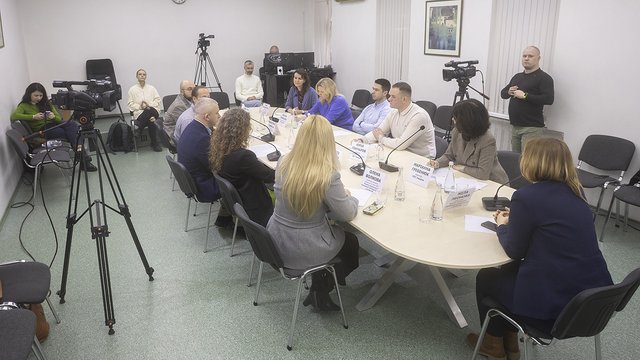
Working under shelling, Ukrainian humanitarian organizations have been developing safety standards for staff for over a year. Now, with the support of the state and international partners, this work is evolving into a systemic national policy.
In September 2025, Ukraine joined more than 100 countries by signing the Declaration on the Protection of Humanitarian Personnel at the 80th UN Assembly. This step became a logical continuation of the large-scale effort that Ukrainian civil society launched over a year ago, joining international partners around the Duty of Care initiative.
Statistics that demand action
The decision came against the backdrop of record-breaking tragic statistics: in 2024 alone, more than 380 humanitarian workers were killed worldwide. In Ukraine, since the start of the full-scale war, over 100 humanitarian workers—both national and international—have lost their lives.
According to INSO (International NGO Safety Organisation), in the past year alone, more than 160 incidents involving humanitarian workers occurred in Ukraine: at least 58 were injured, and 9 killed. And this is only official data, which does not cover all cases.
From grassroots initiative to state policy
The Declaration on the Protection of Humanitarian Personnel outlines four key areas: compliance with international humanitarian law, ensuring access to aid, strengthening staff protection, and accountability for attacks.
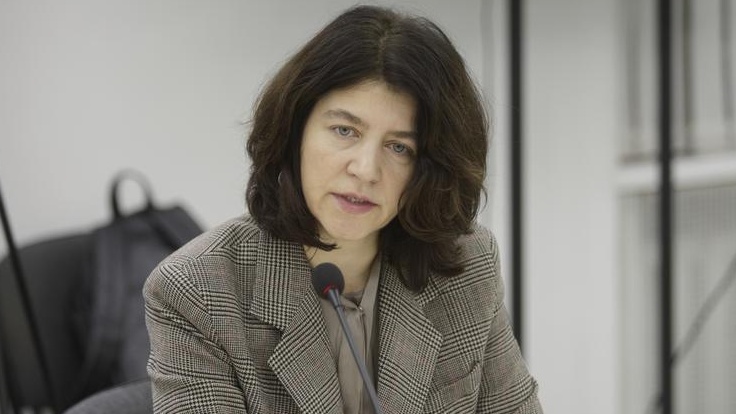
Photo: Interfax-Ukraine / Oleksandr Zubko
“The MFA is ready to work on implementing these principles within its competence,” said Marianna Grebenyuk, Advisor to the Ministry of Foreign Affairs, during a discussion at Interfax-Ukraine. “Beyond signing the Declaration, we have created a Platform for Progressive Development of International Humanitarian Law, which unites three clusters—human, environmental, and institutional—and we invite civil society representatives to join this work.”
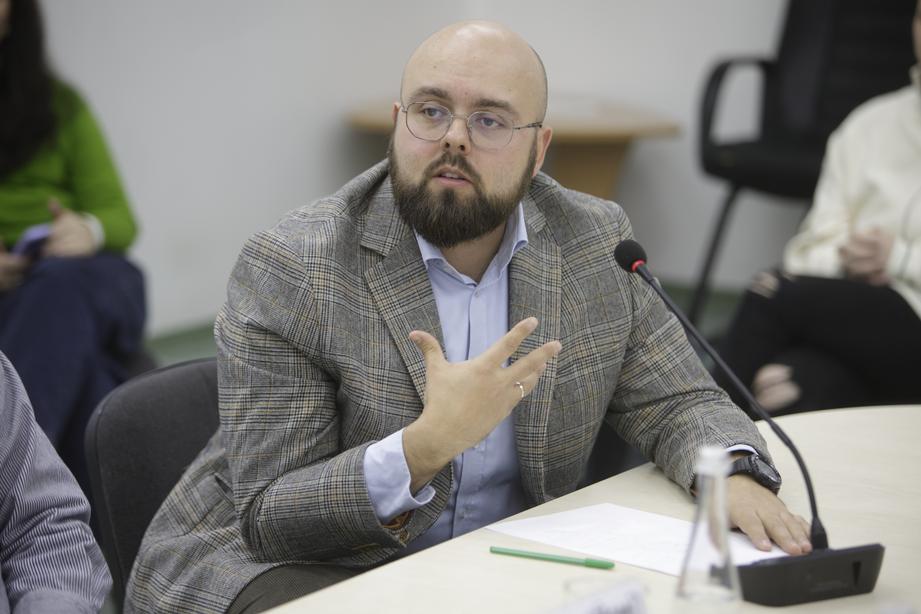 Photo: Interfax-Ukraine / Oleksandr Zubko
Photo: Interfax-Ukraine / Oleksandr Zubko
The initiative to develop a minimum Duty of Care package emerged as a response to the critical need to protect those who risk their lives daily to provide assistance. As Josef Lang, Deputy Director of INSO, noted, the key task is overcoming informational and resource isolation:
“Our duty is to ensure that protection mechanisms do not remain a privilege of large international structures but become accessible to local organizations, which most often work on the frontlines. They must have real access to all available tools to ensure their own safety,” he emphasized.
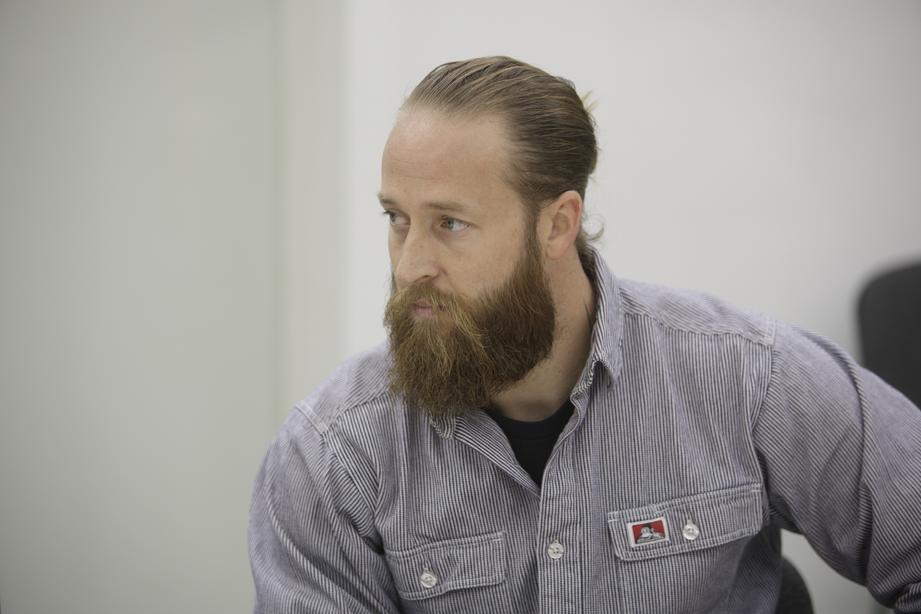
Photo: Interfax-Ukraine / Oleksandr Zubko
This view is shared by Joachim Kleimann, Head of Programs at Nonviolent Peaceforce in Ukraine:
“When we started working here, we saw that local organizations had been helping communities since the beginning of the war, practically without assessing risks for themselves. This is unusual for many international NGOs. Our joint conference with the Alliance in Odesa last month was aimed precisely at bringing these tools to those who need them most.”
Practical outcome: What is the minimum Duty of Care package?
After a year of joint efforts by the Swiss Embassy in Ukraine, the Alliance of Ukrainian Civil Society Organizations, and the Humanitarian NGO Platform in Ukraine, a basic Duty of Care package was developed, which includes:
- Life and health insurance
- Psychosocial support
- Individual first-aid kits
- Personal protective equipment (bulletproof vests, helmets)
- Basic safety training
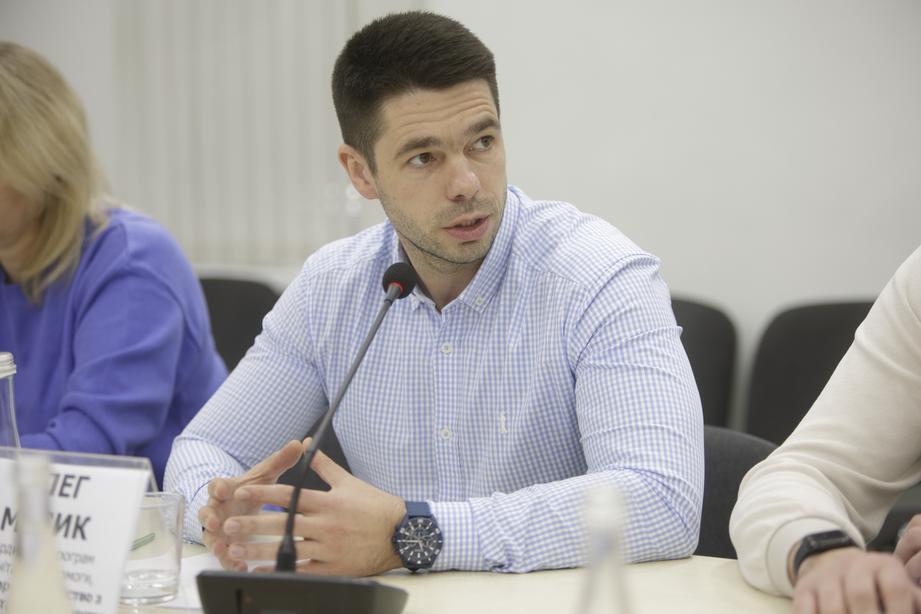
Photo: Interfax-Ukraine / Oleksandr Zubko
As Oleg Masyk, Humanitarian Aid Program Coordinator at the Swiss Agency for Development and Cooperation, noted, donors must integrate these costs into project budgets:
“We remind donors: protecting those who protect others is critically important. And this must be included in project budgets. Thanks to joint advocacy, we already see other donors starting to adopt this approach.”
The human dimension: Why does it matter?
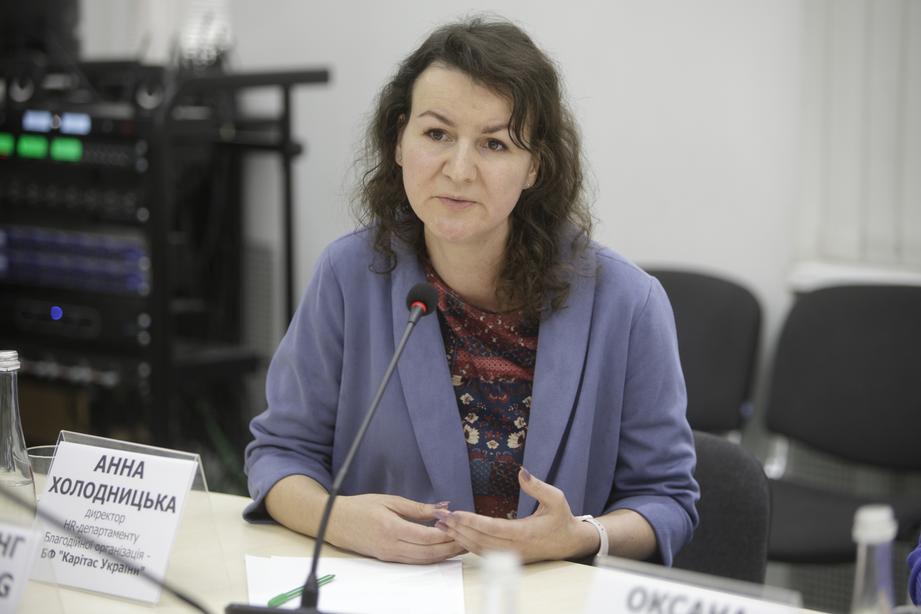
Photo: Interfax-Ukraine / Oleksandr Zubko
The core value of the initiative is caring for people. Anna Kholodnytska, HR Director at Caritas Ukraine, emphasizes:
“The most important thing is to preserve people’s inner resources. Humanitarian workers want to serve those who need help most, but they also live in war. Our duty is to create opportunities and space for support. Because the heart of humanitarian response is people, and we must protect them.”
Next steps: From voluntary standard to legal norm
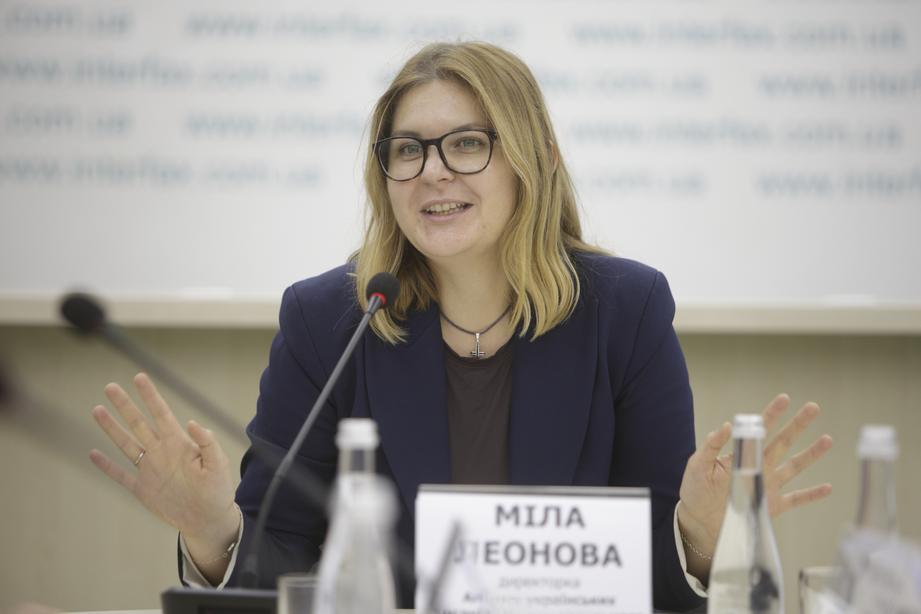
Photo: Interfax-Ukraine / Oleksandr Zubko
Despite progress, systemic barriers remain. Small local organizations are still the most vulnerable. War demands broader and more expensive solutions: armored vehicles, modern protective gear. Mila Leonova, Director of the Alliance of Ukrainian CSOs, stressed that this work began as a grassroots initiative and highlighted the uniqueness of Ukraine’s experience:
“For us, Duty of Care is, above all, a unique experience that Ukraine can already share with the world. We started this initiative as an organic, bottom-up movement—without external orders, guided only by the internal need to care for those who save others. This is the key value: when voluntary solidarity and practical experience grow into a systemic standard, enshrined both in regulations and in everyone’s mindset.”
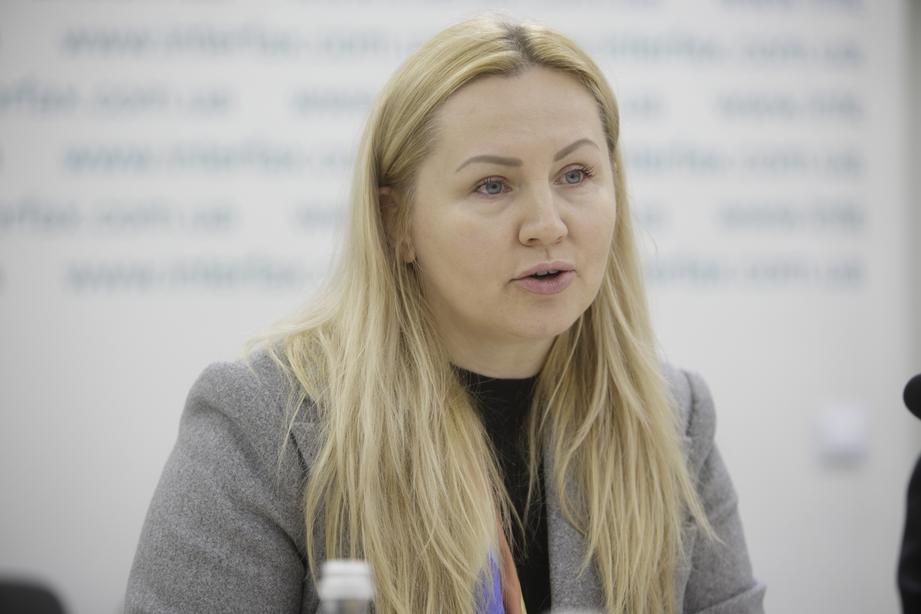
Photo: Interfax-Ukraine / Oleksandr Zubko
Work at the state level has already begun. Olena Volkova, Head of GR at the Alliance UA CSOs, notes:
“This work is underway. For example, Ukrainian legislation this year introduced definitions of what humanitarian organizations and humanitarian response are. This is important because until now, Ukrainian law did not contain such concepts. After joint work with the Alliance, we managed to bring Ukrainian norms closer to international ones.”
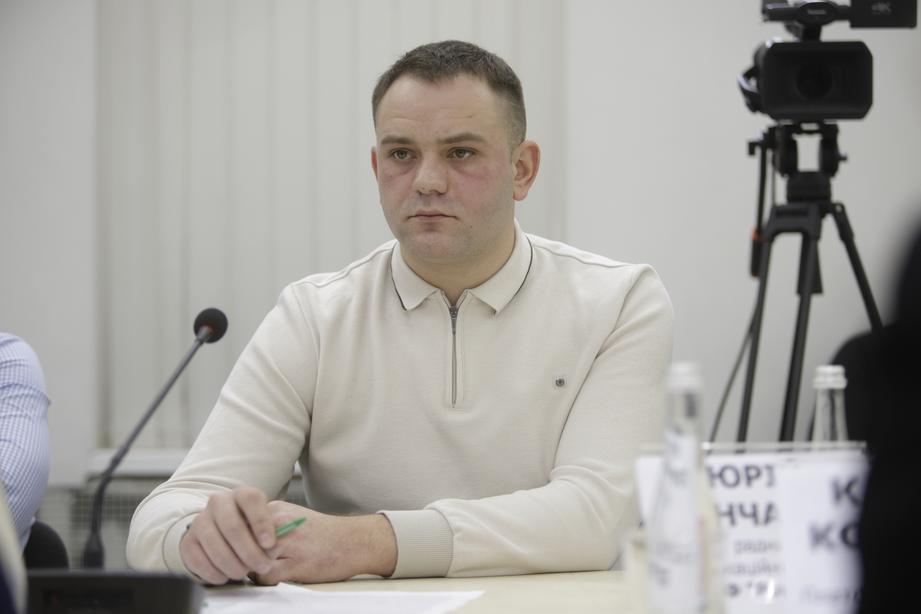
Photo: Interfax-Ukraine / Oleksandr Zubko
As Yuriy Honcharov, Advocacy Advisor at Rokada Foundation, summed up:
“Duty of Care must not be a ‘desired option’ but a mandatory standard. Every grant, every contract must include clear costs for safety, insurance, psychosocial support, and staff training—not as an option or bonus, but as an integral component of humanitarian activity.”
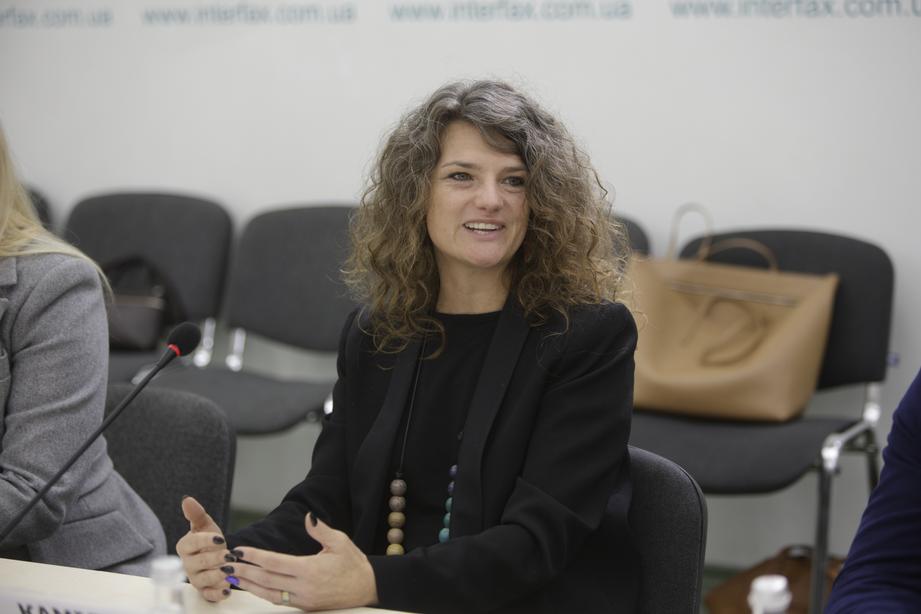
Photo: Interfax-Ukraine / Oleksandr Zubko
At the same time, Camilla Corradin, Director of the Humanitarian NGO Platform in Ukraine, emphasized that decisions must be made not “in offices” but based on the real experience of people working under shelling in frontline communities.
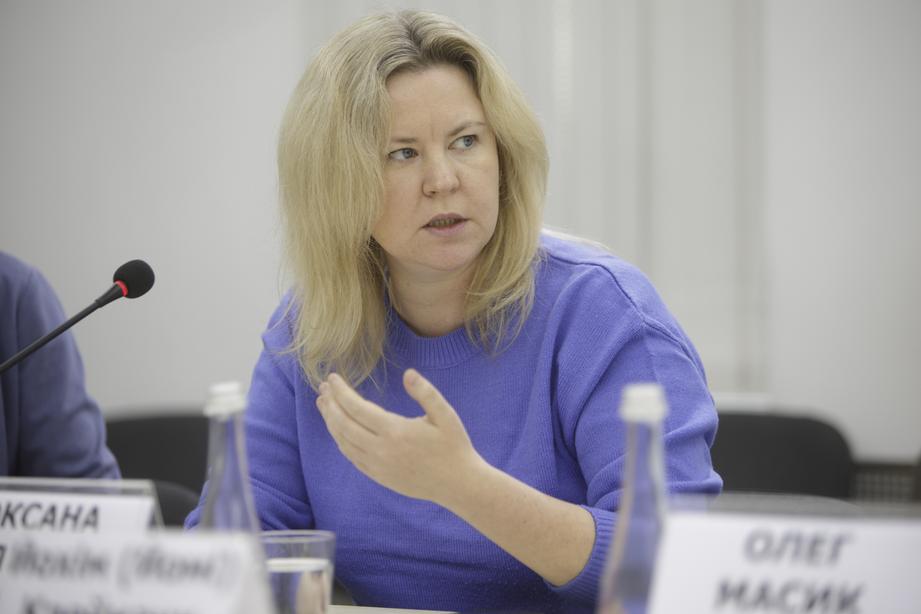
Photo: Interfax-Ukraine / Oleksandr Zubko
“I believe many decisions can be made—and the courage to do so comes when you see firsthand what humanitarian workers face, when it becomes clear that, unfortunately, their rights to physical protection are practically not realized,” said Oksana Kuyantseva, Board Member of East SOS Foundation.
Signing the UN Declaration is not the finish line but the start of a new stage. And Ukraine approaches it with unique experience that is already saving the lives of those who save others.

